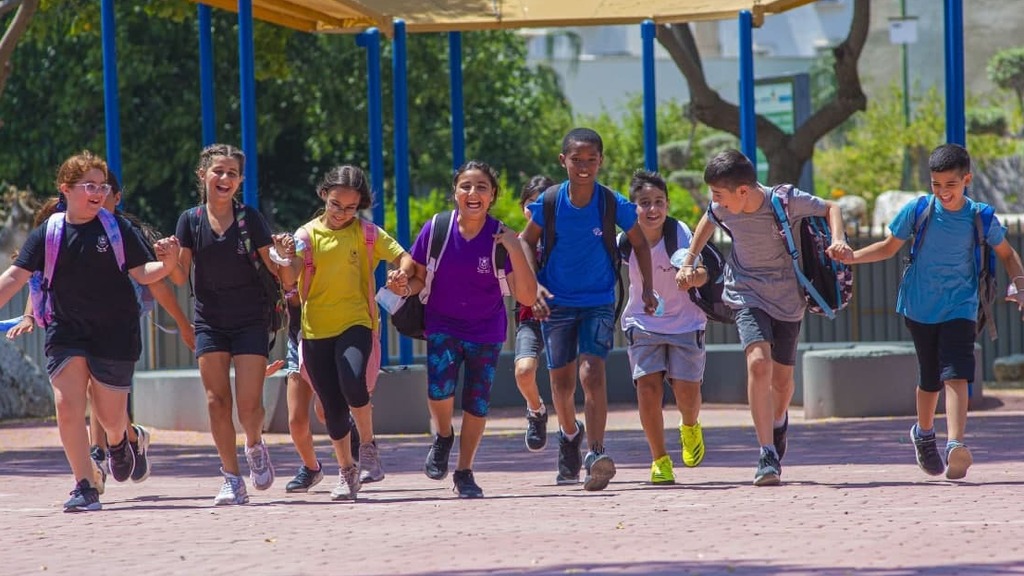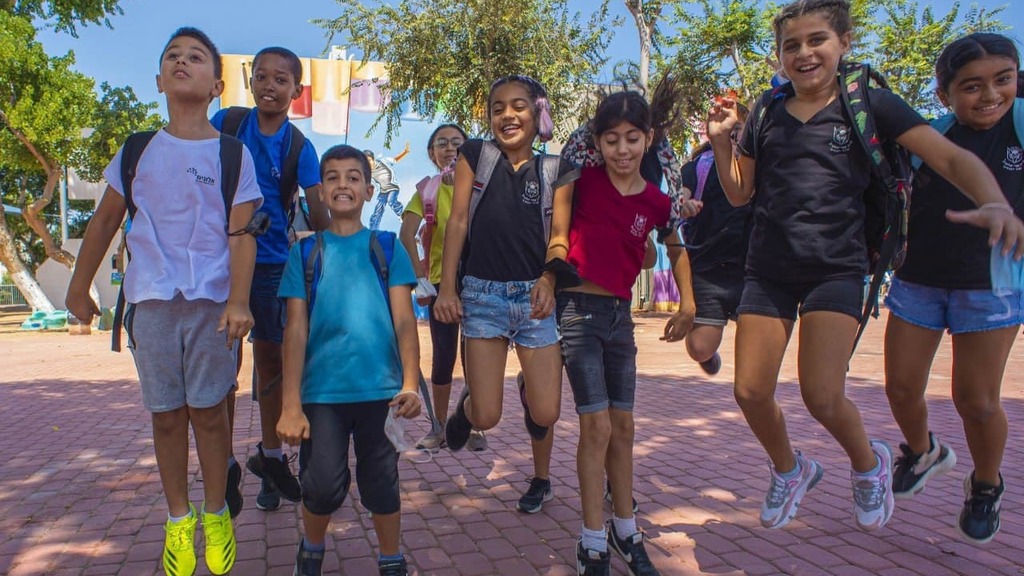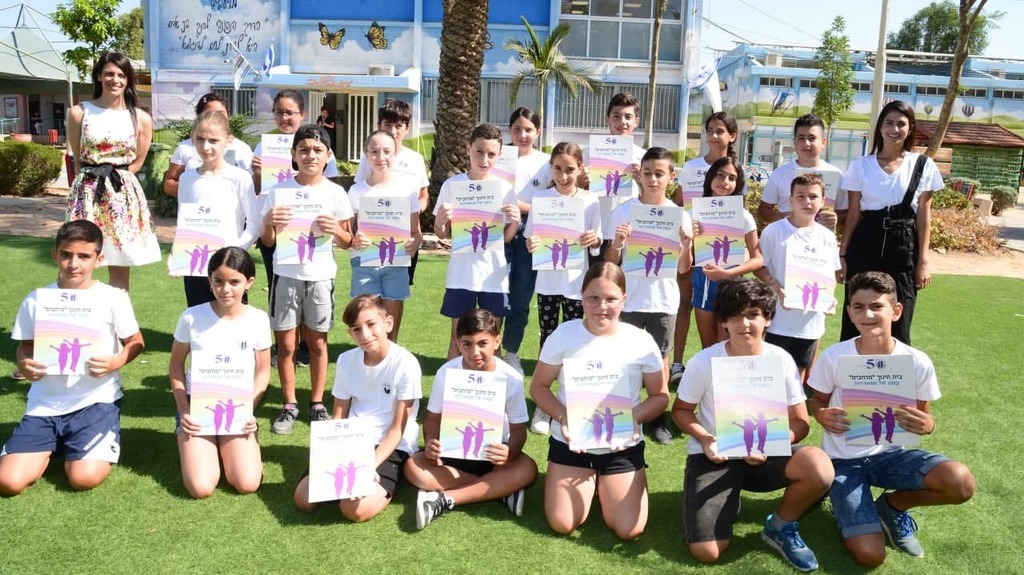Getting your Trinity Audio player ready...
Summer vacation kicked off Wednesday for over one million Israeli children in kindergartens and elementary schools following a challenging year, affected by the pandemic.
Some 1,636,000 children joined 783,000 high-school and middle school students, who began their summer break a week ago.
Students were set to attend class graduation parties and receive their diplomas after a school year that included multiple lockdowns and remote learning that further widened academic, social and emotional gaps among students.
For instance, between September 1 of 2020 and until the end of the latest coronavirus lockdown on April 18, children in elementary schools and kindergartens studied in class somewhere between 43 and 84 days - depending on guidelines of each local authority.
Since the end of the last lockdown, kindergarten and elementary school children studied only 63 days in class.
Fragmented studies appeared to have taken a toll on children. According to the Education Ministry, about 30% of students reported emotional distress, 60% of school counselors said their students reported feeling lonely, while psychological services reported a 25% increase in suicidal thoughts among students.
In addition, from an academic standpoint, the damage inflicted on kindergarten and elementary school students will likely become clear only in the coming years.
The Education Ministry reported a 30% decline in acquisition of basic skills among students in grades 1-3, with an emphasis on significant impairment on language and reading abilities, as well as 25% deterioration in mathematics and language skills among students in grades 4-6.
President at Levinsky College of Education Michal Beller said remote learning has also contributed to many students leaving school altogether. "The gaps were created partly due to differences in accessibility to computers and the Internet, self-learning skills and the lack of a supportive environment at home."
According to Prof. Beller, the gaps will have mainly a short-term effect and can be reduced in the long run by creating customized curriculums.
A report published by the OECD shows the main victims of the pandemic-induced changes in learning come from low socio-economic status households, immigrant families, children who have suffered domestic violence and children with special needs.




